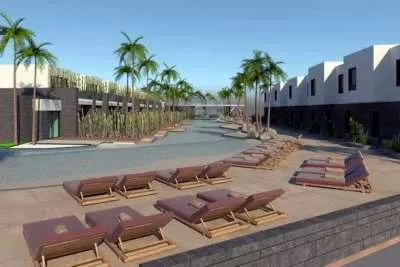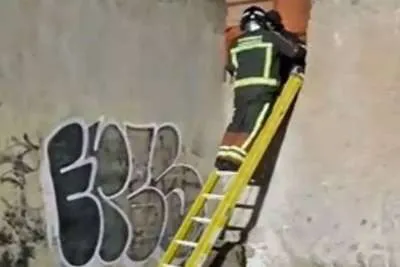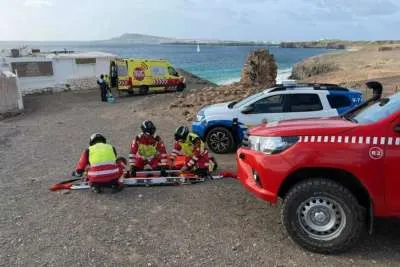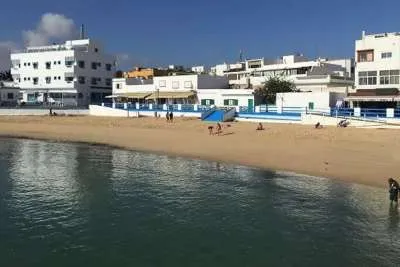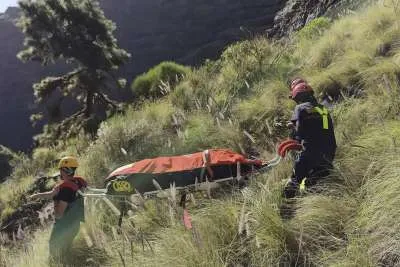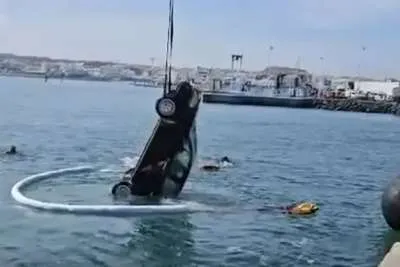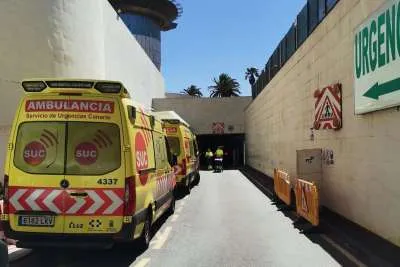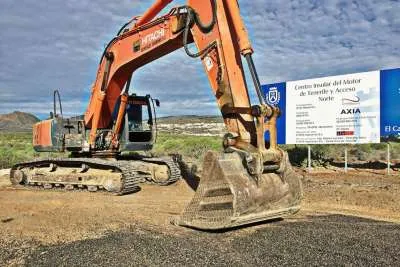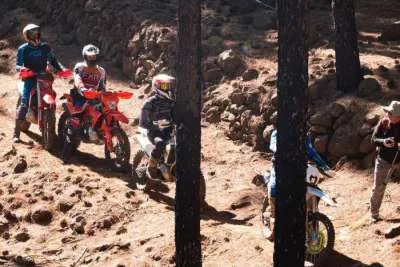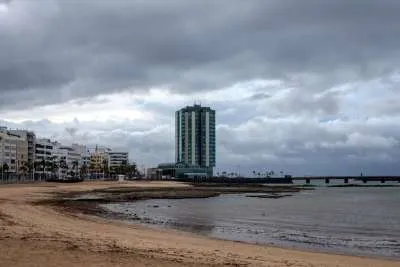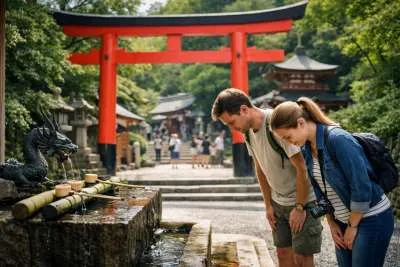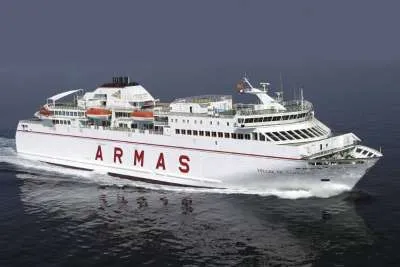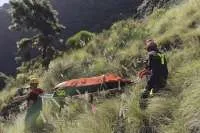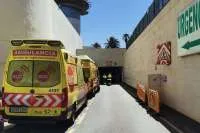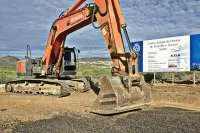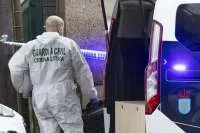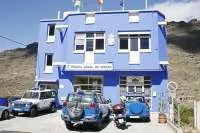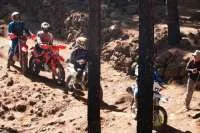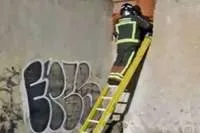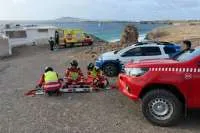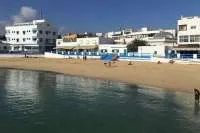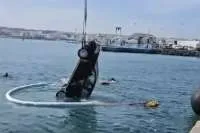Nearly half of active tourism workers in the Canary Islands lack professional qualifications
- 05-12-2024
- Business
- Canarian Weekly
- Photo Credit: Hello Canary Islands
The active tourism sector in the Canary Islands is set to expand, potentially employing up to 4,300 individuals during the peak season. However, a significant challenge persists as almost half of these workers (49%) do not have any form of professional qualification.
The Minister of Tourism and Employment, Jessica de León, highlighted this issue during her address in Parliament on Wednesday. She emphasised the importance of getting certifications for these workers to enable them to build sustainable careers within active tourism. Currently, there are 1,200 companies operating in this sector across the archipelago.
De León announced that the first draft of the active tourism and ecotourism strategy will be released soon. This strategy aims to develop professional certificates in collaboration with the Canary Islands Tourism Board, extending up to degrees that qualify individuals for various roles within the industry. The aim is to ensure that workers receive the necessary training and accreditation to enhance their skills and career prospects.
Promoting Ecotourism and Active Tourism
In response to a query from Lucía Fuentes of the Socialist Group regarding the government's initiatives to boost active tourism, De León outlined the current efforts to position ecotourism and active tourism as key drivers of employment and economic growth.
She noted that ten days ago, the First Canary Tourism Strategy was unveiled, focusing on infrastructure as a catalyst for creating jobs and generating economic activity.
De León referenced a study conducted by the University of La Laguna (ULL), which found that every million euros invested in tourism infrastructure creates 29 jobs. She detailed that the strategy comprises five main key points, primarily aimed at enhancing recreational areas such as trails and promoting activities like Via Ferratas.
The first point is the allocation of one million euros to assist municipalities in developing accessibility plans, supported by regional councils and local governments. The second one focuses on building infrastructure to transform the Canary Islands into an experiential destination by improving services and facilities, including the network of viewpoints.
Launch of the Market Place Platform
Looking ahead to early 2025, De León announced the forthcoming launch of the Market Place, a platform designed to enable small and medium-sized enterprises (SMEs) in active tourism to market their activities. This initiative will collaborate with leading tourism experience operators such as GetYourGuide and Civitatis, providing SMEs with greater visibility and access to a broader customer base.
Addressing Workforce Challenges
The Canary Islands' active tourism sector faces the dual challenge of expanding employment opportunities while ensuring that workers are adequately trained and certified. By prioritising professional qualifications and infrastructure development, the government aims to foster a more skilled workforce and sustainable growth within the industry. The success of these initiatives will depend on effective implementation and collaboration between government bodies, educational institutions, and the private sector.
Other articles that may interest you...
Trending
Most Read Articles
Featured Videos
TributoFest: Michael Buble promo 14.02.2026
- 30-01-2026
TEAs 2025 Highlights
- 17-11-2025









